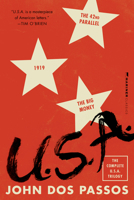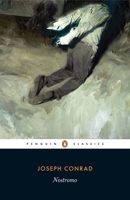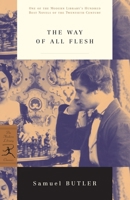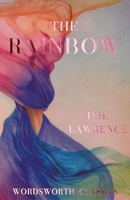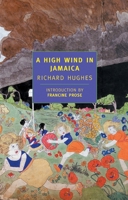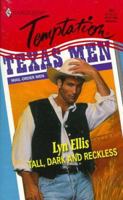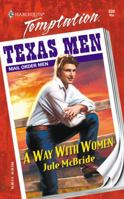The Ambassadors
Select Format
Select Condition 
You Might Also Enjoy
Book Overview
Customer Reviews
Rated 5 starsThe failure to enjoy
A wealthy US family sends its `ambassadors' to Paris in order to convince an heir to abandon the `life of a pagan' and return home to run the family business. The theme of Henry James's impeccably written and extremely polished prose is what Nietzsche called the `right or the wrong conjugation': to live or to be lived. `One lives in fine as one can. Still, one has the illusion of freedom; therefore don't be like me, without...
0Report
Rated 5 starsThe Ambassadors: Worlds In Conflict & Readers In Conflict
If one were to choose just one novel from Henry James and say that this one is the quintessential example of a work that combines theme and style, one could do worse than to choose THE AMBASSADORS. James had a fascination with yanking Americans from their new world padded cells of insulation and transporting them to Europe, an old world that simply reeked of style and long held cultural givens. Lambert Strether is the ambassador...
1Report
Rated 5 starsI loved reading this book!
I had some difficulty at first, getting the rhythm of his writing, but once I got it, I thoroughly enjoyed it. This is a novel about an American from Woollett, Massachusetts, named Lambert Strether, who sets out for Europe for the purpose of fetching his fiancée's, Mrs. Newsome's, son Chadwick Newsome, from the supposed clutches of an inappropriate liaison with a French woman, Madame Marie de Vionnet, and her daughter, Mademoiselle...
0Report
Rated 4 starsMy jury is out on this complex opus
Reading "The Ambassadors," I was awed by the subtletly of emotion and social gesture James was able to describe. Clearly here was a crafted that had been years in the honing, and I appreciate the book's liberation from the plot-heavy mechanics of earlier books like "The Portrait of a Lady" and "The American." Everything is only subtly insinuated; whole lives can hinge upon half-meant gestures or long-buried social prejudices...
0Report














